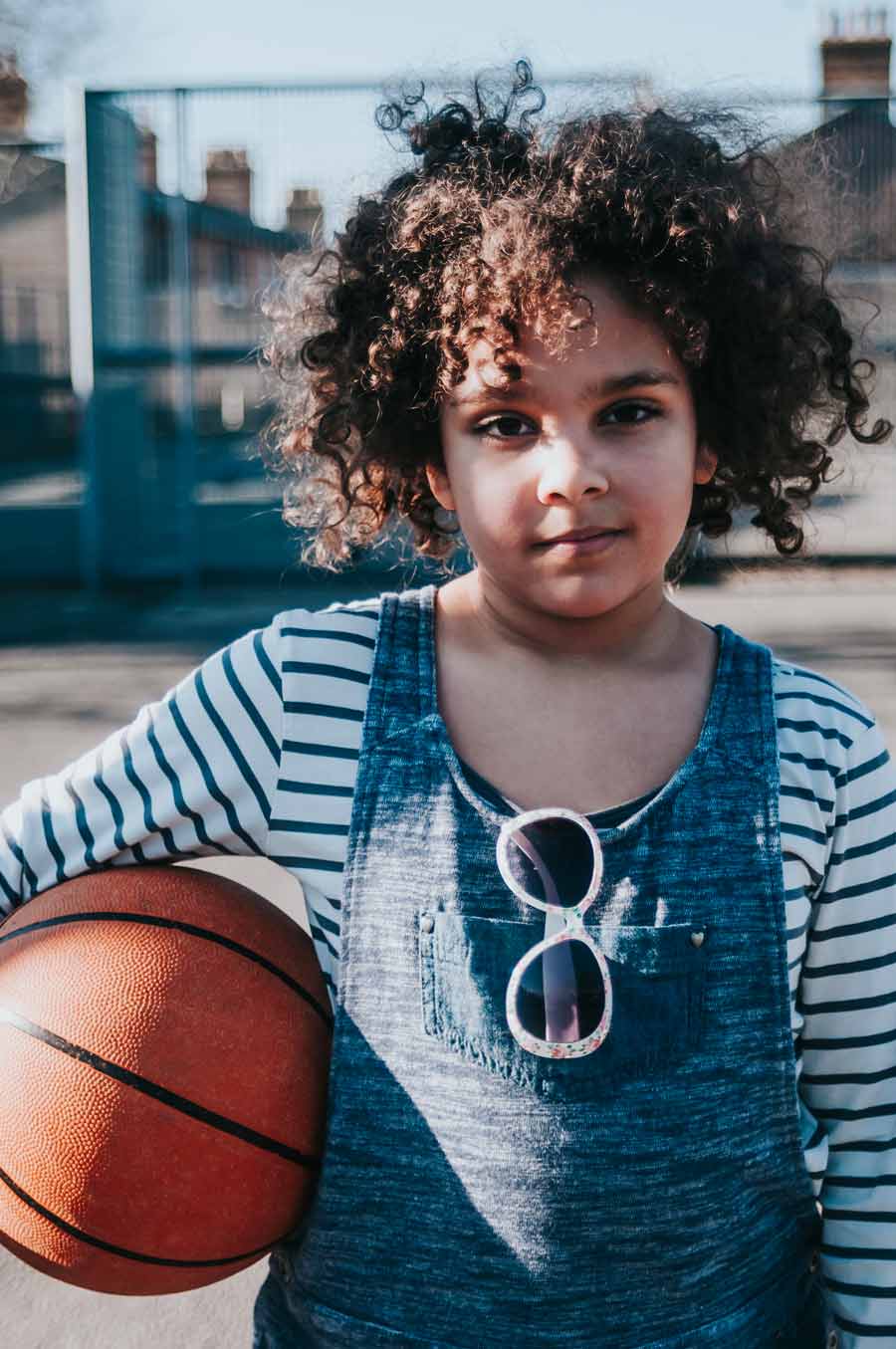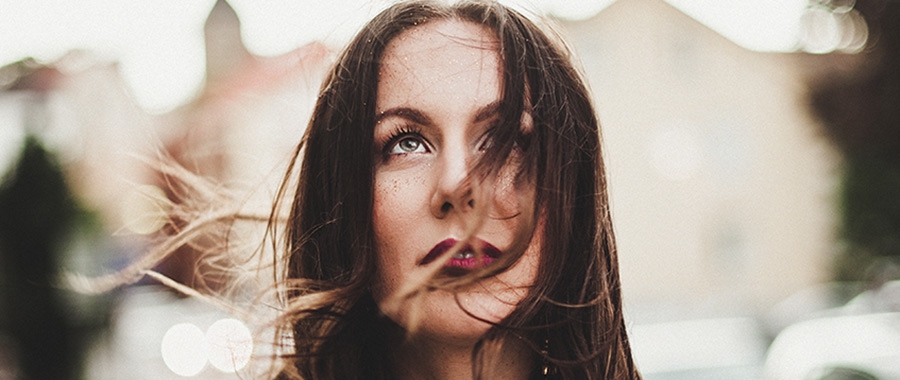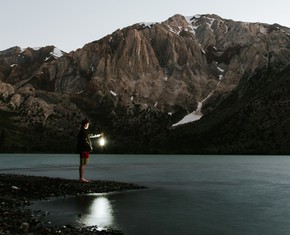The views expressed in our content reflect individual perspectives and do not represent the authoritative views of the Baha'i Faith.
As we explore spiritual concepts with children, youth and adults, we don’t only develop more spiritual habits—we also begin to find our own self-worth.
Society often gives material qualities excessive value, measuring an individual’s worth by physical appearance, social status, wealth or education, and forgetting the spiritual qualities—the things that make a person who they really are, beyond their material situation.
Is it surprising, then, that so many people suffer from low self-worth, develop toxic coping mechanisms, or are afflicted with a chronic tendency to self-deprecate? When few people value our spiritual strengths, and material qualities—often beyond our control—solely define us, it’s easy to feel like we amount to nothing in life.
This syndrome particularly affects children and youth, whom society often doesn’t even recognize as active members capable of contributing to its progress, but rather leaves at the margins until they are old enough to be deemed “complete.”
Helping Young People Find Self Worth
As a children’s class teacher, junior youth group facilitator, and frequent participant in youth gatherings, I have seen the effect these harmful beliefs can have on people of all ages. But I have also seen the power the Baha’i writings exert in helping us overcome our own misconceptions about ourselves. They allow us to see ourselves as spiritual beings worthy of love and happiness.
Baha’u’llah, the founder of the Baha’i Faith, wrote:
O Son of Being! Thou art My lamp and My light is in thee. Get thou from it thy radiance and seek none other than Me. For I have created thee rich and have bountifully shed My favor upon thee. – Baha’u’llah, The Hidden Words, p. 6.
 I’ve studied this deep quotation with students in the children’s class I teach every weekend. My students, generally between the ages of 8 and 10, are at a stage in their lives where they are becoming more and more aware about the realities of the world around them. This metaphor that Baha’u’llah uses, of our bodies as lamps and our souls as lights, perfectly enables conversations about self-worth and how we see ourselves.
I’ve studied this deep quotation with students in the children’s class I teach every weekend. My students, generally between the ages of 8 and 10, are at a stage in their lives where they are becoming more and more aware about the realities of the world around them. This metaphor that Baha’u’llah uses, of our bodies as lamps and our souls as lights, perfectly enables conversations about self-worth and how we see ourselves.
I ask the children: if you borrowed a toy from a friend, would you treat it any differently than you would treat the toy if it were your own? Then, if we have a light within us that belongs to God, and that light is the soul, how does our impression of ourselves change?
Usually, children already know the importance of caring for things that belong to others. While we’re often careless with our own possessions, having something that belongs to someone else brings on a sense of responsibility.
One of my students is ten years old, and she has already witnessed the toxic effect school and media expectations have on girls’ impressions of themselves and their bodies. Teased by others for being somewhat overweight, her doctor recently informed her that she should improve her diet. This topic brought up an important conversation in the class about how we perceive ourselves in relation to our bodies. Our bodies are an important tool, but they are not who we are. Did she want to lose weight to improve her health, or because she felt there was something wrong with her?
How Finding Self Worth Can Improve Self Esteem
In the same way that being considered attractive or wealthy does not equal being a good person, things we perceive as flaws in our material selves have no bearing on our spiritual nature. With the children, we reflect on how we would speak of ourselves as an outsider: would we tell a friend that they are stupid or ugly, or that they would never be good at math or reading? Of course not, they said. Then why do we sometimes think those things about ourselves?
If we are lamps that belong to God, there is no room in our lives for self-deprecation. Neither can we waste the talents or opportunities we have—we must care for this light that does not belong to us, and make sure we do all the good we can with it, so that it fulfills its role in society.
We also study this quotation in junior youth groups, where the conversation can go a little deeper. If we care for our souls, we ask, then we should not expose ourselves to situations that endanger them. We wouldn’t hang out with friends that do drugs or commit crimes any more than we would set a friend’s puppy loose on a street with heavy traffic. We make an effort to strengthen our talents and pursue interesting opportunities, because we want our light to shine—not be extinguished.
Some years back, at a youth gathering, we were studying the writings of Baha’u’llah with friends from high school and early college. We read this quote:
O Son of Bounty! Out of the wastes of nothingness, with the clay of My command I made thee to appear, and have ordained for thy training every atom in existence and the essence of all created things. Thus, ere thou didst issue from thy mother’s womb, I destined for thee two founts of gleaming milk, eyes to watch over thee, and hearts to love thee. Out of My loving-kindness, ’neath the shade of My mercy I nurtured thee, and guarded thee by the essence of My grace and favor. And My purpose in all this was that thou mightest attain My everlasting dominion and become worthy of My invisible bestowals. – Baha’u’llah, The Hidden Words, p. 32.
One girl in the group, after reading the quote, became very thoughtful. She told us she had had a very difficult childhood, and had often been angry at God for forgetting her and allowing her to face all those hardships at such a young age. But after reading the quote, she suddenly felt at peace. Her life had been far from perfect, but she was still here, because she had had exactly what she had needed to make it this far. That in itself was a success. “God was with me the whole time,” she said.
The Baha’i writings make it clear that as humans we have severely underestimated our own value. For children, youth and even adults, reading and reflecting on these teachings helps us stop holding ourselves back, and instead dedicate the light within all of us to the betterment of humankind.
















Comments
Sign in or create an account
Continue with Googleor